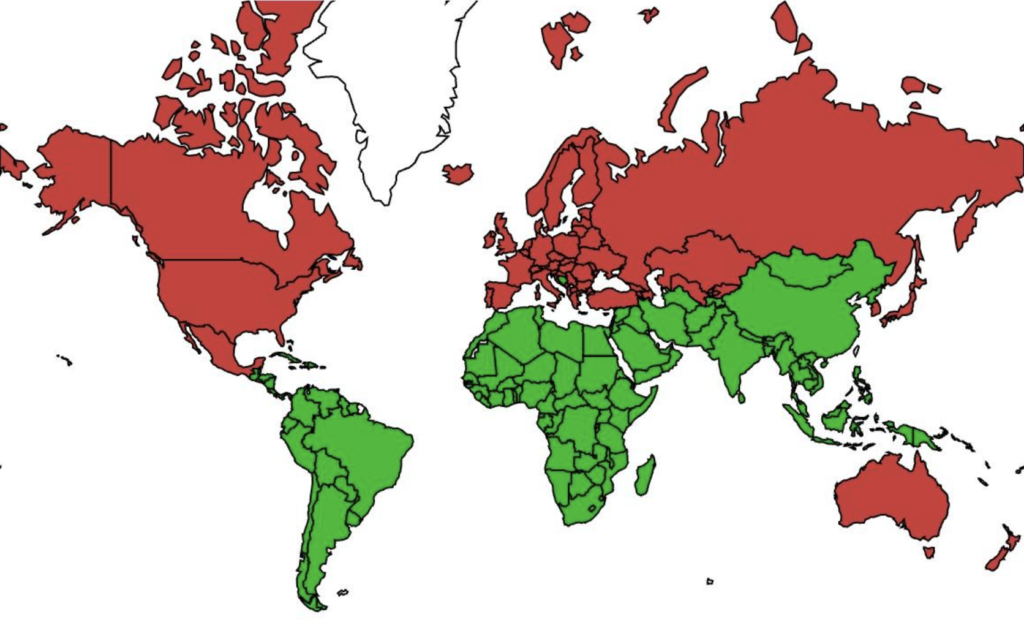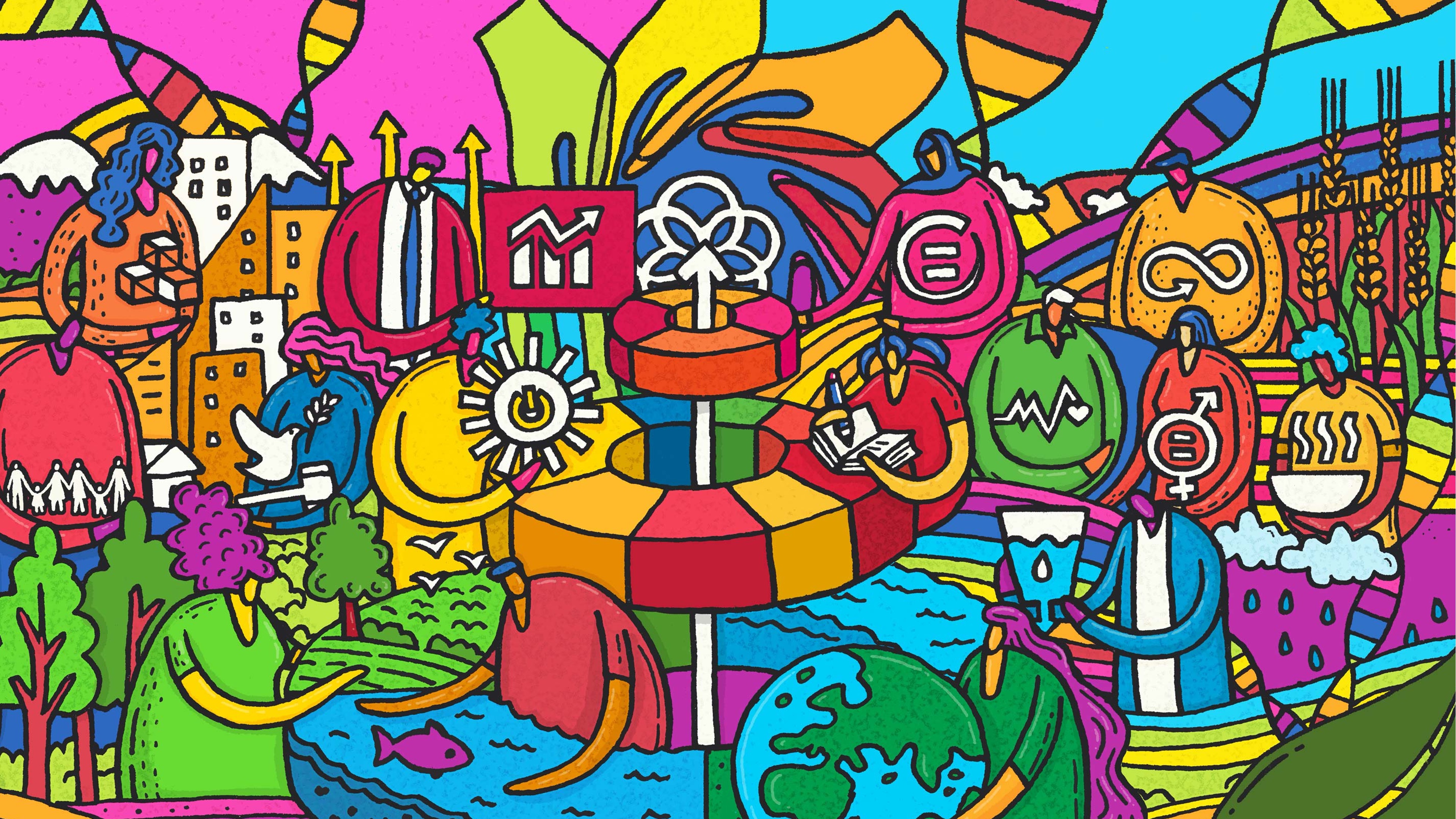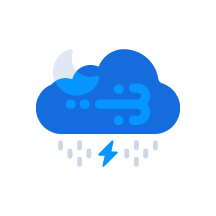Global South Countries
Over 80% of the world’s population lives in the Global South, which is made up of countries Africa, Latin America and the Caribbean, Pacific Islands, and the developing countries in Asia, including the Middle East.

Our Values
We improve planning, collaboration and recruiting processes so people-first companies can consistently and fairly hire the best talent.
We challenge
We innovate
We listen
We collaborate
We are courageous
We empower
We are transparent
Strategic Objectives

To develop strategic partnerships which promote the expanded mandate, encourages local buy-in and support for agricultural biotechnologies and science-based innovations.
To support the initiatives for building credibility & trust globally across our advocacy focus areas of Food and Nutrition Security, Climate Change, Global Health and Challenging Misinformation in science.
Strategic priorities of Global South Hub
The Alliance for Science has four key areas which are of critical importance across the Global South.


Global Health


Misinformation
Food and Nutrition Security
Food insecurity is largely a problem of people living in the global south. In 2021, hunger affected 278 million people in Africa, 425 million in Asia and 56.5 million in Latin America and the Caribbean. While most of the world’s undernourished people live in Asia, Africa is the region where the prevalence is highest.
To promote food security across the region, the Alliance for Science,
- Offers support to policy makers to create enabling regulatory environments
- Advocates for better uptake of agricultural biotechnologies to improve productivity and yields
- Works with farmers and scientists to create a bridge for inclusive research design and
- Provides training in science communication to inform choices based on better data and evidence.
Climate Change
The Global South has contributed far less than the Global North to the actual causes of climate change, yet they have been disproportionately impacted by extreme climate events including droughts, floods, storms, and heatwaves, which contribute to other problems like food insecurity and exacerbate existing challenges like poverty. Between 2008-2018, there were 2.2 billion people in the Global South that were under high climate risk.
The Alliance is forming new partnerships with policymakers across the global south to amplify information sharing on climate change adaptation techniques, as well as supporting locally led climate action initiatives in selected countries.
Global Health
As we strive to achieve SDG 3 ‘Ensure healthy lives and promote well-being for all at all ages’, we must be careful to ensure that we leave no one behind. Better health communication improves choices and enhances outcomes across all sectors to support this goal. Advances in biotechnology offer a chance to address global inequity in health-related genomics and to support the new generation of vaccines and treatments to diseases prevalent in developing countries.
At the Global South Hub, we work towards supporting scientists in identifying opportunities for global health improvement, as well as educating the public on research findings and developments, to promote healthy lifestyles and preventive measures.
Misinformation
Misinformation has reached crisis proportions. It poses a risk to international peace, interferes with democratic decision making, endangers the well-being of the planet, and threatens public health. Misinformation on GMOs has led to a lack of adoption of improved seeds and crops, which are more climate resilient and can improve food and nutrition security. Misinformation on vaccines has led to 100,000s of additional Covid deaths, as well as others e.g. measles and HPV. Misinformation on climate leads to climate denialism and refusal to mitigate or adapt. Science misinformation leads to suspicion and mistrust of experts and expertise, side-lining of academics, skewed media coverage, and poor decisions at a policy level.
We need more gatekeepers to ensure information quality and veracity in science and technology. The Global South Hub seeks to collaborate with national governments, the scientific community, and media partners to offer training and advocacy campaigns which will help counter fake news and improve trust in science and scientists. We aim to build global communities of pro-science voices, with the support of influencers, community and faith leaders and other trusted messengers to mediate conversations on all media platforms.